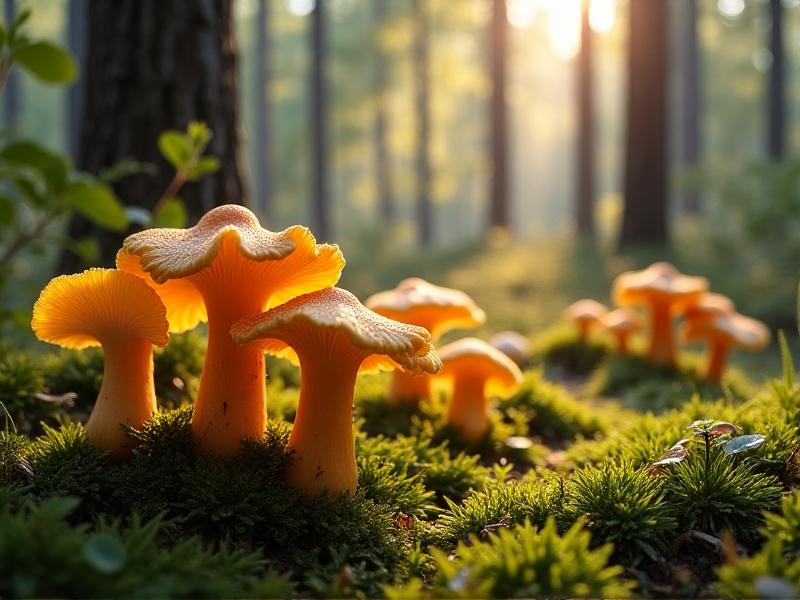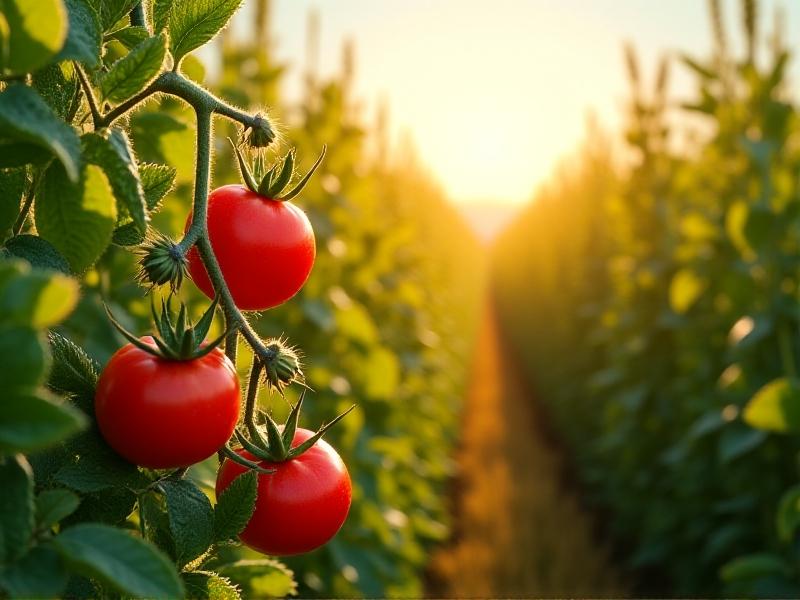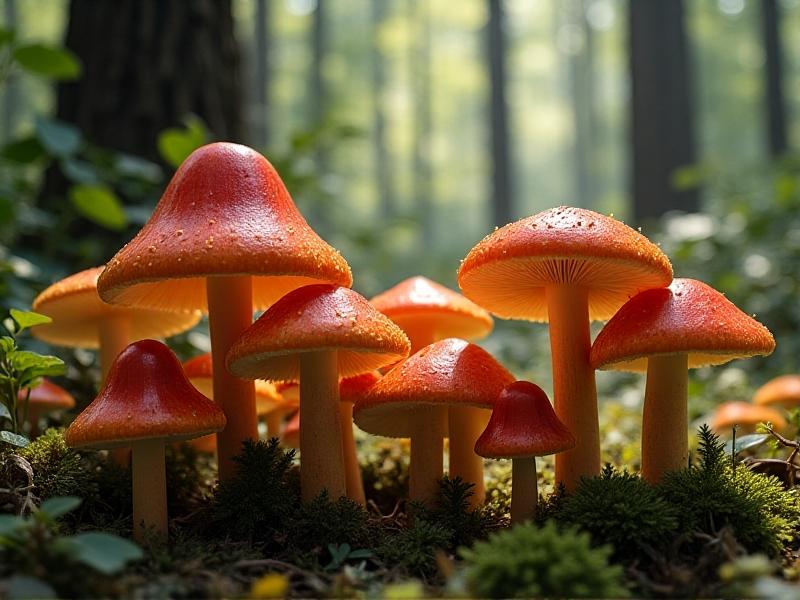Educational Programs Promoting Responsible Foraging in State Wilderness
The Importance of Responsible Foraging in State Wilderness
Foraging, the act of gathering wild food resources, has seen a resurgence in popularity as people seek to reconnect with nature and adopt sustainable living practices. However, the growing interest in foraging has raised concerns about its impact on ecosystems. State wilderness areas, which are home to diverse flora and fauna, are particularly vulnerable to overharvesting and habitat disruption. Responsible foraging practices are essential to ensure that these natural resources remain abundant for future generations.
Educational programs promoting responsible foraging play a critical role in balancing the benefits of foraging with the need to protect ecosystems. These programs teach foragers how to identify edible plants, understand their ecological roles, and harvest them in a way that minimizes environmental impact. By fostering a culture of respect and stewardship, these initiatives help preserve the delicate balance of state wilderness areas.

Core Principles of Responsible Foraging
Responsible foraging is guided by several core principles that ensure the sustainability of wild resources. First and foremost, foragers must accurately identify plants and fungi to avoid harvesting endangered or toxic species. Misidentification can lead to ecological harm or personal danger. Educational programs often include hands-on workshops and field guides to help participants develop this skill.
Another key principle is to harvest in moderation. Overharvesting can deplete plant populations and disrupt ecosystems. Programs emphasize the "leave no trace" ethic, encouraging foragers to take only what they need and leave enough for wildlife and future growth. Additionally, foragers are taught to avoid damaging plants or their habitats during the harvesting process.
Lastly, responsible foraging involves understanding the legal and ethical considerations of gathering wild resources. Many state wilderness areas have regulations in place to protect certain species or habitats. Educational programs provide participants with the knowledge they need to comply with these rules and forage responsibly.

The Role of Educational Programs in Promoting Sustainability
Educational programs are instrumental in promoting sustainable foraging practices. These initiatives often collaborate with environmental organizations, botanists, and local communities to provide comprehensive training. Workshops, guided foraging tours, and online courses are common formats that cater to different learning styles and experience levels.
One of the primary goals of these programs is to raise awareness about the ecological impact of foraging. Participants learn about the interconnectedness of ecosystems and how their actions can influence plant and animal populations. By fostering a deeper understanding of nature, these programs inspire foragers to adopt practices that protect rather than exploit the environment.
Moreover, educational programs often emphasize the cultural and historical significance of foraging. Many indigenous communities have practiced sustainable foraging for centuries, and their knowledge is invaluable in shaping modern foraging practices. By incorporating traditional wisdom into their curricula, these programs honor the legacy of indigenous peoples while promoting sustainability.

Challenges and Solutions in Foraging Education
Despite their benefits, educational programs promoting responsible foraging face several challenges. One major issue is the lack of awareness about these initiatives. Many potential participants are unaware of the resources available to them or the importance of responsible foraging. To address this, programs can leverage social media, community events, and partnerships with local organizations to reach a broader audience.
Another challenge is the variability in foraging regulations across different state wilderness areas. Foragers may find it difficult to navigate these rules, leading to unintentional violations. Educational programs can provide clear, accessible information about local regulations and offer guidance on how to forage legally and ethically.
Finally, there is the challenge of balancing accessibility with environmental protection. While foraging can be a valuable way to connect with nature, it is essential to ensure that increased participation does not lead to ecological harm. Programs can address this by emphasizing the importance of moderation and stewardship, encouraging participants to view foraging as a privilege rather than a right.
Success Stories: How Responsible Foraging Programs Are Making a Difference
Across the country, responsible foraging programs have demonstrated their positive impact on both individuals and ecosystems. For example, a program in the Pacific Northwest has successfully reduced the overharvesting of wild mushrooms by educating foragers about sustainable practices. Participants now leave behind a portion of the mushrooms they find, ensuring that the fungi can continue to thrive and support the forest ecosystem.
In the Midwest, a collaboration between a state park and a local university has introduced a foraging certification program. Participants who complete the course receive a certification that allows them to forage in designated areas, promoting both education and conservation. The program has not only increased awareness about responsible foraging but also fostered a sense of community among participants.
These success stories highlight the potential of educational programs to create meaningful change. By equipping foragers with the knowledge and skills they need to act responsibly, these initiatives are helping to preserve the natural beauty and biodiversity of state wilderness areas for generations to come.
How to Get Involved in Responsible Foraging Programs
For those interested in learning more about responsible foraging, there are numerous ways to get involved. Many state parks and environmental organizations offer workshops, guided tours, and online resources. These programs are often open to participants of all experience levels, from beginners to seasoned foragers.
Volunteering is another excellent way to contribute to the cause. Many programs rely on volunteers to help organize events, create educational materials, and spread awareness. By volunteering, individuals can play an active role in promoting sustainability and protecting state wilderness areas.
Finally, individuals can support responsible foraging by advocating for policies that protect wild resources and promote sustainable practices. Writing to local representatives, participating in community discussions, and sharing knowledge with others are all effective ways to make a difference. Together, we can ensure that foraging remains a sustainable and rewarding activity for years to come.








